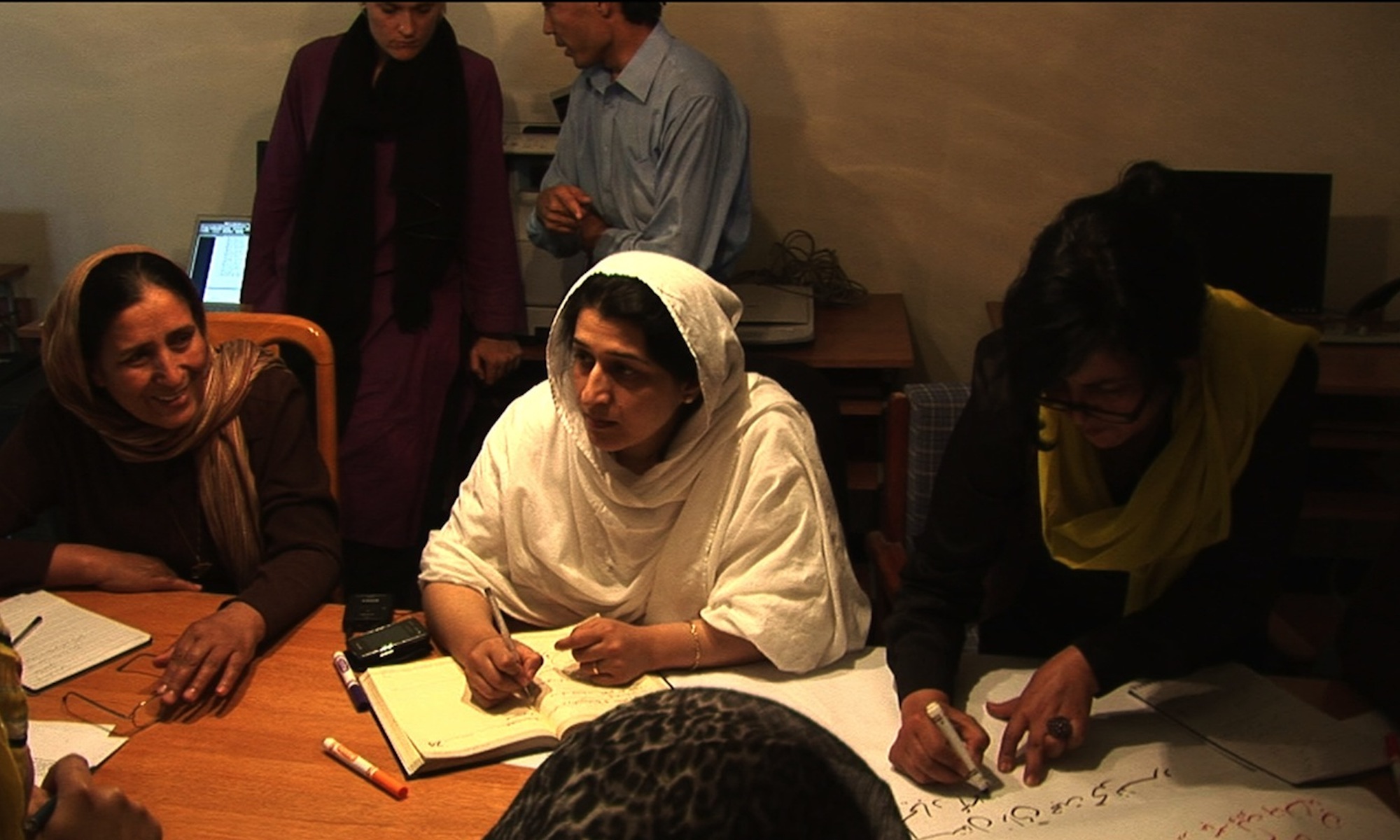Understanding Civil War : Evidence and Analysis, Volume 2. Europe, Central Asia, and Other Regions
The two volumes of Understanding Civil War build upon the World Bank’s prior research on conflict and violence, particularly on the work of Paul Collier and Anke Hoeffler, whose model of civil war onset has sparked much discussion on the relationship between conflict and development in what came to be known as the “greed” versus “grievance” debate. The authors systematically apply the Collier-Hoeffler model to 15 countries in 6 different regions of the world, using a comparative case study methodology to revise and expand upon economic models of civil war. (The countries selected are Burundi, Congo, Democratic Republic of Congo, Nigeria, Kenya, Mozambique, Sudan, Algeria, Mali, Senegal, Indonesia, Lebanon, Russian Federation, Colombia, Northern Ireland, Bosnia-Herzegovina, Macedonia, and the Caucasus.) The book concludes that the “greed” versus “grievance” debate should be abandoned for a more complex model that considers greed and grievance as inextricably fused motives for civil war.
Post-Conflict Environmental Assessment – FYR of Macedonia
Security Sector Reform and Post-Conflict Peacebuilding
Strategic Environmental Policy Assessment FYR of Macedonia: A Review of Environmental Priorities for International Cooperation
The Former Yugoslav Republic of Macedonia stands on the threshold of a new and decisive phase in its history as it looks to emerge from the turmoil of armed conflicts and to begin reconstruction and development. It is at this moment that the opportunity must be seized to base plans for economic growth on the principles of sustainable development. This means integrating environmental considerations into all policy areas at all levels to ensure that everyone living in the FYR of Macedonia can breathe clean air and drink clean water. It means provision of universal and affordable access to sanitation, and solid waste disposal, and it means the conservation of the country’s outstanding natural heritage. Above all, it means creating and maintaining the environmental conditions in which investment, employment, health and peace can flourish.
While this vision can only be achieved by the people and Government of FYR of Macedonia, the international community has a vital role to play. Not only in the provision of funding, capacity building and technical support, but also in pressing for environmental issues to be at the top of the development agenda. The United Nations occupies a special role within the donor community. While having access to a broad range of environmental knowledge and resources, the UN, at the same time, has the flexibility to adapt and pursue a policy agenda that closely reflects the immediate needs of the FYR of Macedonia. As a contribution towards the realisation of sustainable development in the FYR of Macedonia this report has been prepared by the United Nations Environment Programme (UNEP), with the support of the United Nations Development Programme (UNDP) country office in the FYR of Macedonia. It presents the results of a Strategic Environmental Policy Assessment (SEPA) carried out in the Former Yugoslav Republic of Macedonia during September 2001. The SEPA was conducted by UNEP, in response to UNDP’s formal request for a comprehensive review of environmental policy in the country.
Training for Peacebuilding and Conflict Transformation. Experiences of the “Centre for Nonviolent Action” in the Western Balkans
Constructing Justice and Security After War
This book addresses what both scholars and practitioners now recognize as a foundation of effective peace: effective, legitimate, and rights-respecting systems of justice and physical security. This volume provides nine case studies by distinguished contributors, including scholars, criminal justice practitioners, and former senior officials of international missions, most of whom have closely followed or been intimately involved in these processes. The wide-ranging case studies address whether and how societies emerging from armed conflict create systems of justice and security that ensure basic rights, apply the law effectively and impartially, and enjoy popular support. The studies examine the importance of social, economic, and cultural factors as well as institutional choices regarging the form, substance, and sequence of reforms. Cases include: El Salvador, Haiti, Guatemala, South Africa, Rwanda, Bosnia, Kosovo, East Timor / Timor Leste. Additional Topic: Gender.
